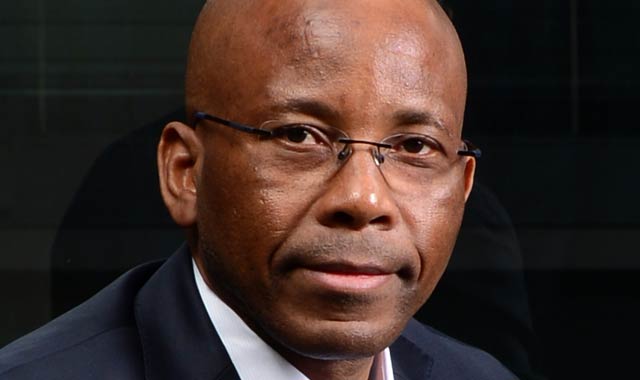
MTN South Africa has taken an impairment charge of R592m related to over-spending on handsets in 2015.
Parent MTN Group revealed in its annual results, published on Thursday, that the South African operation was unable to sell the now obsolete phones in time, forcing the impairment.
MTN South Africa CEO Mteto Nyati said a decision to outsource handset sales to a third party was the start of the company’s handset sales problem in 2015, and that this was compounded by the disruptive industrial action that took place during the course of the year.
In the first half of 2015, before Nyati took the reins at CEO, MTN South Africa had decided to outsource the handset business. “We drove the stock down to almost zero in preparation for that,” he said. “But when we looked at the business case later, it didn’t stack up.”
Nyati reversed the earlier decision, but the reduction in stock levels, coupled with the strike action, meant that MTN “didn’t have stuff to sell”.
“When I took over, we made a decision to try and accelerate sales. It takes almost two months to get stock into the country. We even had to buy low-end devices, which do not have a long shelf life, and we made provisions for that — if they didn’t sell by a certain date, we would have to mark them down.”
That, Nyati said, led to the R592m impairment announced in MTN’s results on Friday.
The lack of handsets, especially high-end smartphones, crimped MTN’s post-paid growth in 2015. However, the problems had been reversed by the fourth quarter, Nyati said. “In December, we started gaining market share in that space, but it was already too late.”
A decline in post-paid subscribers was, however, more than made up for by a strong performance in prepaid. Overall subscriber numbers climbed by 9,3%.
This helped lift MTN’s market share in 2015 by one percentage point. Nyati said the operator took market share from both Vodacom and Cell C.
MTN South Africa said it is in a strong position to grow, especially given the almost R11bn it invested in its network in 2015 (up by 92,9% on 2014). During the year, it added 1 593 3G and 3 148 4G/LTE sites. It said improving network quality “remains a priority”. — © 2016 NewsCentral Media




